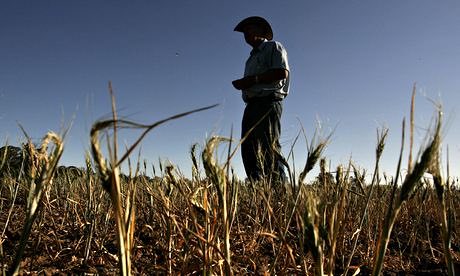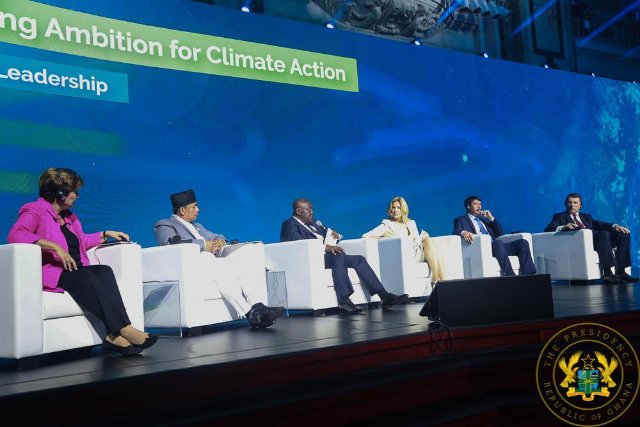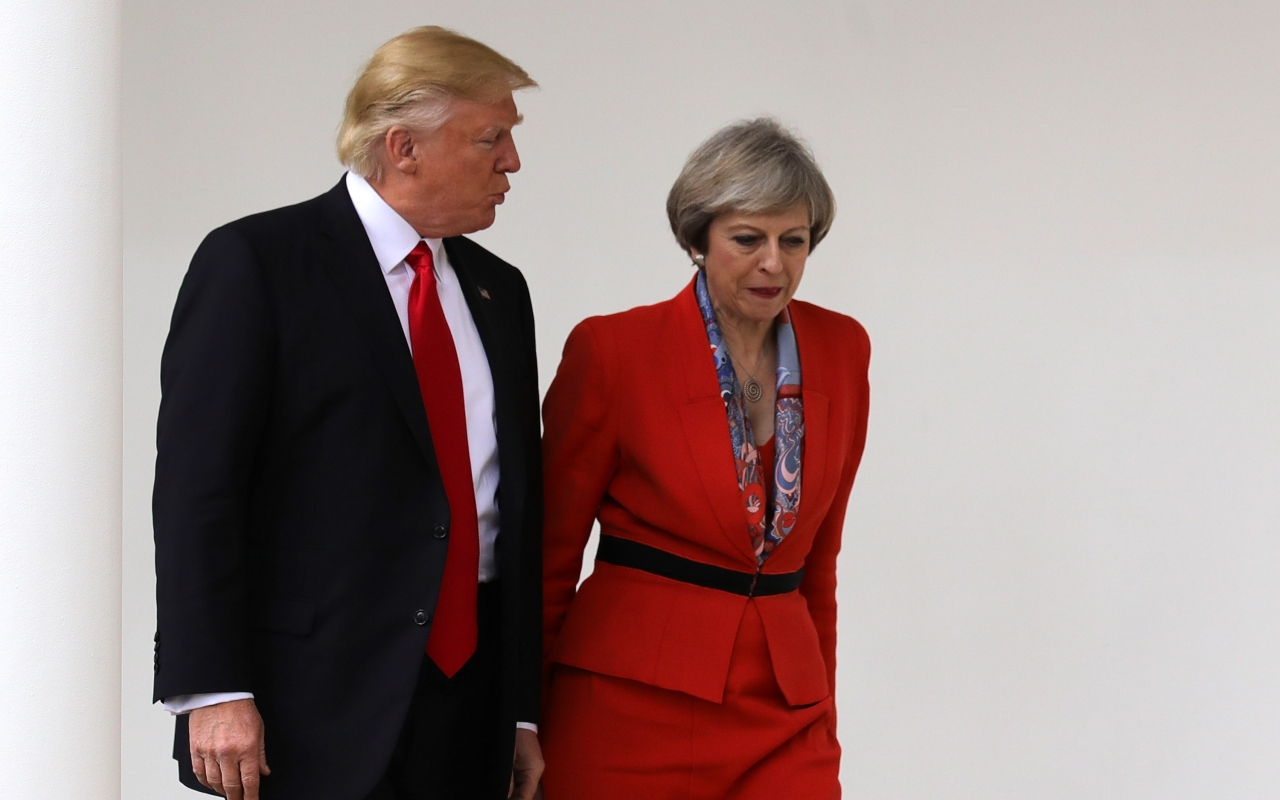Climate Change: Food production and footing the bill!
- Posted on
- Comment
 Climate change has been a major topic for discussion in recent years, being an integral part of the 2030 Agenda for Sustainable Development, countries have adopted a set of 17 global goals to end poverty and hunger, protect the planet and ensure prosperity for all. Goal 13 of the United Nations Sustainable Development Goals is marked to ‘take urgent action to combat climate change and its impacts’. A pact was agreed on at Paris that provides a basis of action for governments, international organizations, donors, local authorities, civil society and companies.
Climate change has been a major topic for discussion in recent years, being an integral part of the 2030 Agenda for Sustainable Development, countries have adopted a set of 17 global goals to end poverty and hunger, protect the planet and ensure prosperity for all. Goal 13 of the United Nations Sustainable Development Goals is marked to ‘take urgent action to combat climate change and its impacts’. A pact was agreed on at Paris that provides a basis of action for governments, international organizations, donors, local authorities, civil society and companies.
In Ghana, efforts to prepare, mitigate and adapt to changes in climate are important as it affects various aspects such as food production, health and economy. For instance, climate variability and changes is a challenge to food productivity as it adds pressure to the already fragile food production systems. That said, how Ghana addresses climate change today would determine how well present and future generations would be fed. In tackling climate issues however, a major question that needs to be answered is ‘what the real cost of addressing climate change would be?’
The answer to this question is simple once we have assessed and know what method(s) would be used to address climate challenges that will be boosting resilience, which is preparing and preventing climate shocks. This cost will take into consideration planning, facilitating and implementing. For instance, if we wanted to start by reducing our carbon footprint as a nation, we could calculate how much money it would take to do so by multiplying the units of dirty energy by the cost of converting into clean energy to give us a cost of transition to clean energy. Or to ensure farm resilience and adaptability to extreme climates, we could calculate the amount of money needed by farmers to store water for irrigation to plant protection activities arising as a result of risk of potentially new pests and diseases which are likely to increase as result of changes in temperatures. So, lets say we have a farmer-based organisation (FBO) made of 40 vegetable farmers we want to equip with irrigation facilities to ensure continual food production especially during dry seasons, the average cost of drilling bore holes to provide irrigation channels per farm or FBO group and maintenance of such will in the interim be the cost.
To operate and maintain our society and food production, there is some amount of money that is needed. If the amount is greater than current supply of money, then there is the need to consider increasing the money supply either sourced from the Internally Generated Funds or Grants and also reprioritising policies for the entire value chain of food production. In 2016, GH502 million was budgeted for Food and Agriculture representing 21% of the economic sector budget to focus on acceleration of agriculture mechanisation and sustainable natural resources management, funding of the Shea unit of the Ghana Cocoa Board, rehabilitation of cocoa roads and the implementation of rice development strategy. As climate issues become more essential, we will be forced to increase spending by either being proactive or reactive to climate issues. Prioritising and making budget allocations for climate issues will be across all sectors. Whether it is installing solar panels or windmills to provide clean energy or breeding drought resistant plants to the provision of technologically enhanced storage systems. If increasing the money supply and reprioritising of the use of funds must take place, what will be the effects of that on our economy?
In addressing all aspects of climate change, development of new infrastructure or enhancement of existing ones will come at a cost. It important to note that infrastructure put up has a life cycle. That is to say, everything that is built needs to be maintained, rehabilitated and replaced someday. It is important to note the lifecycle costs, time to make large capital investments (25 to 50 years) and be planned for in the long-term.
As we start the pursuit of climate-smart agriculture; an approach that aims to achieve food security and chart a sustainable pathway for agricultural development in a changing climate adequate prioritisation and budgeting for projects and programmes related to such is needed. Climate smart agriculture seeks to increase farm productivity in a sustainable manner, supporting farming communities to develop and adapt to climate change by building resilience of agricultural livelihoods and ecosystems. Considering our local food production dependence on climate, related disasters such as drought, floods and storms must be of significant concern in costing and building of resilience. Looking ahead to 2030, as a farming nation, we need to consider also long-term demands, operating costs and associated capital needed for capacity building and infrastructure. We must be aware that climate issues will come at a cost and the capital needed to reduce the negative effects of such be adequately budgeted for.
Author: Akwasi A. Tagoe (MSc. Agricultural & Environmental Science)










 (Selorm) |
(Selorm) |  (Nana Kwesi)
(Nana Kwesi)